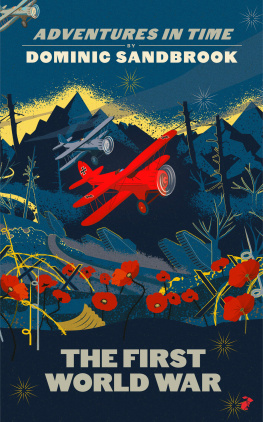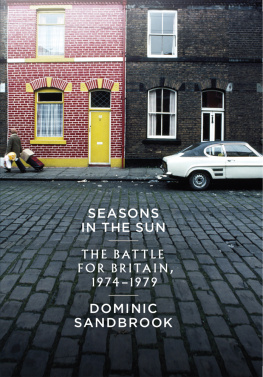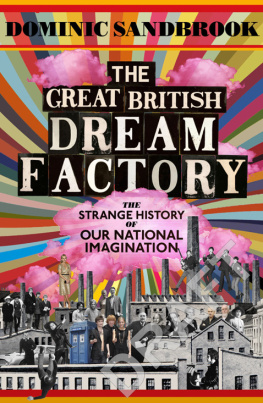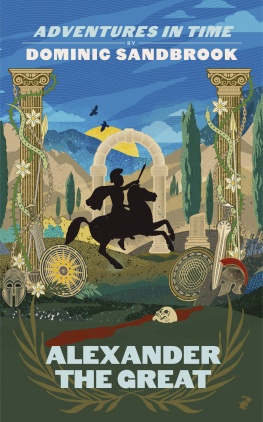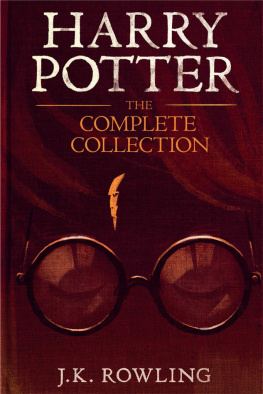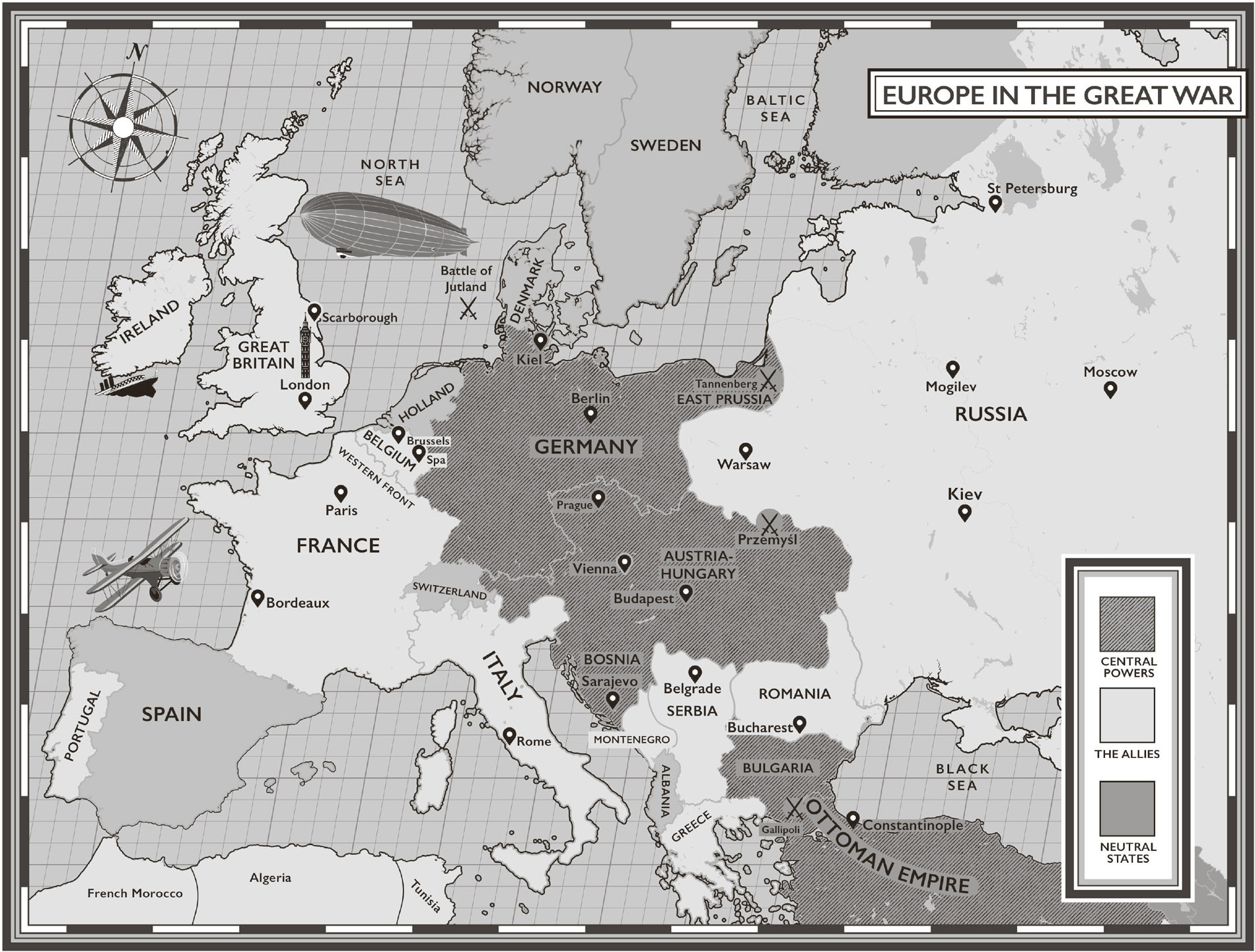
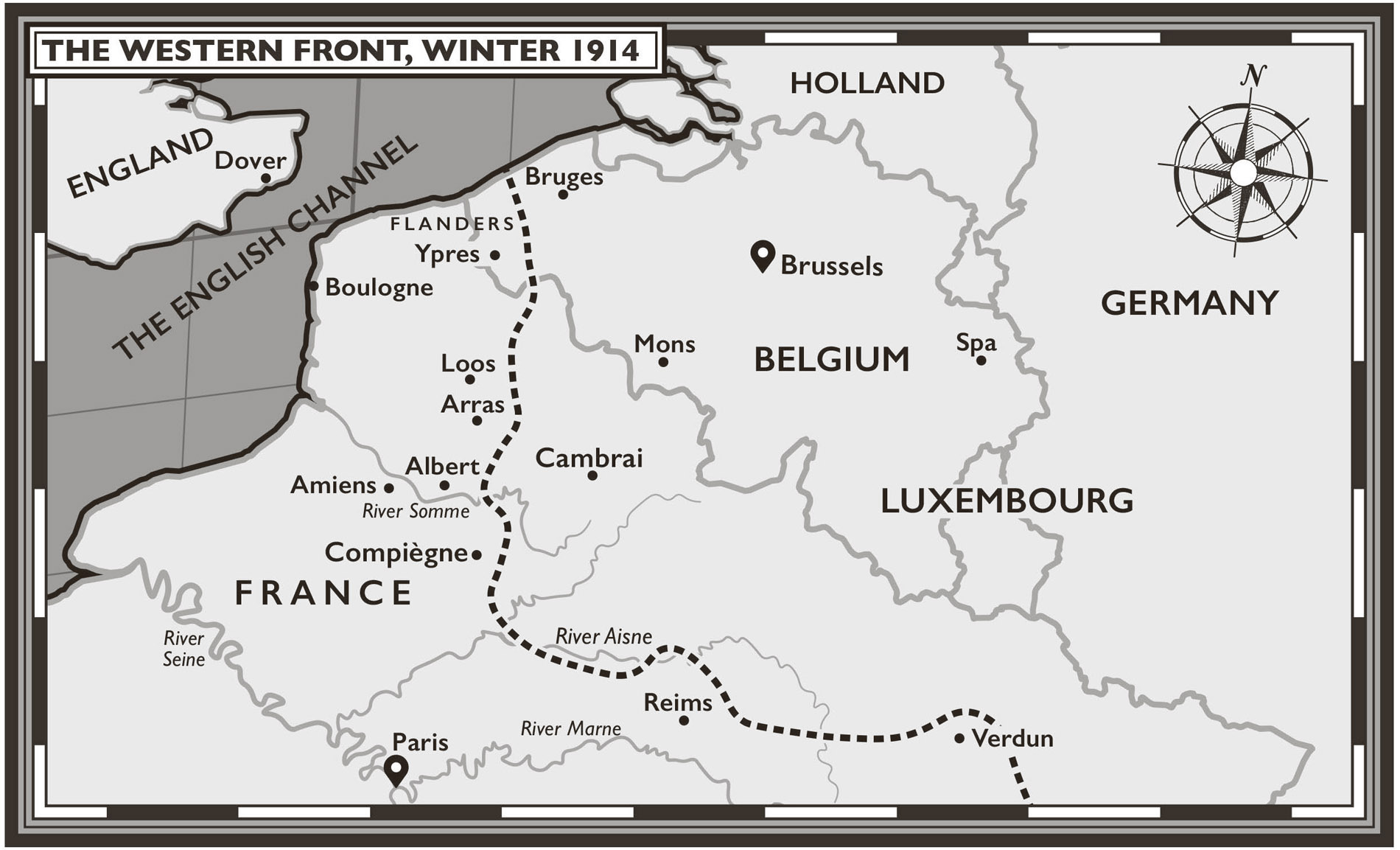
BY
Dominic Sandbrook
ADVENTURES IN TIME: THE FIRST WORLD WAR
With illustrations by Edward Bettison


PUBLISHED
The Second World War
The Six Wives of Henry VIII
Alexander the Great
The First World War
FORTHCOMING
Cleopatra
The Vikings
The Conquest of the Americas
Napoleon
PENGUIN BOOKS
UK | USA | Canada | Ireland | Australia
New Zealand | India | South Africa
Penguin Books is part of the Penguin Random House group of companies whose addresses can be found at global.penguinrandomhouse.com.

First published in Particular Books 2021
Text copyright Dominic Sandbrook 2021
Illustrations copyright Edward Bettison, 2021
The moral right of the author has been asserted
Cover Art: Edward Bettison
ISBN: 978-0-141-99432-1
This ebook is copyright material and must not be copied, reproduced, transferred, distributed, leased, licensed or publicly performed or used in any way except as specifically permitted in writing by the publishers, as allowed under the terms and conditions under which it was purchased or as strictly permitted by applicable copyright law. Any unauthorized distribution or use of this text may be a direct infringement of the authors and publishers rights and those responsible may be liable in law accordingly.
For Conolly Norman

PROLOGUE
The Fall of Gondolin
On a chilly, misty morning, as the rain pattered into the puddles in his trench, a young man sat alone and dreamed of the lost city of Gondolin.
All around him were death and devastation. Thick black mud filled the bottom of the trench, so clinging and oozy you could be stuck in it for hours.
A rat scurried past, sleek and satisfied; then another, as big as a cat. But the young man barely noticed, lost in his thoughts.
A few yards away the other men were brewing tea. They all wore the same brown-green uniforms, so dirty they might have been creatures from beneath the earth dwarves from some underground realm. Their faces were grimy, their eyes hollow. After months at the front, they had seen things they could never have imagined.
The young man looked up. The hammering of the guns had started up once more: doom, doom, doom, again and again and again.
Over the top of the trench, he knew, was a scene of utter horror. Splintered trees and shattered bodies dying grasses and rotting reeds pools choked with ash dead things, dead faces in the water
Yet for a brief, precious moment, it was as if he had stepped through a door and left the mud and misery far behind.
He saw a magical island, glittering in the western sea. He saw kings and wizards, elves and goblins. He saw three jewels, burning with the light of the gods. A dragon, coiled around its glittering treasure. A great mountain kingdom, hewn from the rock. A band of adventurers, creeping through the woods
Then the guns crashed out again, and the ground itself gave a shudder. The dream was broken, and he was back in the trench.

The young mans name was Ronald, and he was an orphan. His father had died when he was three, his mother when he was twelve.
Born in 1892, he had grown up in Birmingham, in the heart of England: a busy, bustling city of factories and cinemas, trams and telephones.
But Ronald was no fan of machines and inventions. He had always been a daydreamer, wandering alone and inventing adventures.
He adored tales of the ancient past: gods and kings, heroes and monsters. Most of all, he loved the myths and sagas of the old North: Odin and Thor, trolls and dragons.
At school he had formed a secret society with three close friends: the Tea Club and Barrovian Society, or TCBS. Meeting in the school library, they smuggled in snacks for covert feasts, and spent their afternoons making up jokes and stories.
When their school years came to an end, they set out on the great adventure of grown-up life. Soon, they told themselves, they would write tales to enthral the world.
Then came the war.
At first Ronald hesitated to join the army. He had always seen himself as a writer, a man of words not a soldier.
But like his friends, he had been brought up to believe in honour, patriotism, courage and duty. At school they had learned about the knights of old. And on the sports field, they had been taught to put the team first.
So as soon as he had married his childhood sweetheart, Ronald joined the army. He was now a Second Lieutenant in the Lancashire Fusiliers, pledged to fight for his King and Country.
When his training was over, he boarded a ship to France, alongside hundreds of similarly nervous young men. They were bound for the bloodiest battlefield in human history, the great slaughterhouse of the Western Front.
And so, in the summer of 1916, Ronald found himself knee-deep in mud and water, near the banks of the River Somme. Nothing he had ever read no fairy tale or adventure story, no Greek myth or Viking saga had prepared him for anything like this. This was a war like no other, a nightmare of shellfire and shrapnel, machine guns and flamethrowers.
Bodies hung from barbed-wire barriers. Explosive shells rained down from a burning sky. Horses clattered through wastelands of broken trees. The earth itself shook beneath the fury of the guns.
On the very first day of the Battle of the Somme, one of Ronalds dearest school friends was killed by a German shell. Another was killed that autumn, hit by shrapnel.
Now just two members of the TCBS remained. In only a few months, their secret society had been ripped apart.
And so, amid the ordeal of the trenches, Ronald took refuge in the world of his imagination. He brought together the myths he had loved as a boy, and combined them with the horrors he saw every day on the Somme. And he turned them into a single tragic story, the tale of the elves of Gondolin, besieged in their mountain city by the armies of the Dark Lord.
But in his story, the forces of evil were not merely armed with swords and spears. Thanks to their smiths and sorcerers, they could call on fire-breathing dragons made from bronze and iron just like the tanks crawling through the mud of the Western Front.
Some were all of iron so cunningly linked that they might flow like slow rivers of metal or coil themselves around and above all obstacles before them, and these were filled in their innermost depths with the grimmest of the Orcs with scimitars and spears
There the young man sat, huddled in his trench, scribbling ideas as the shells rained down.
Next page
